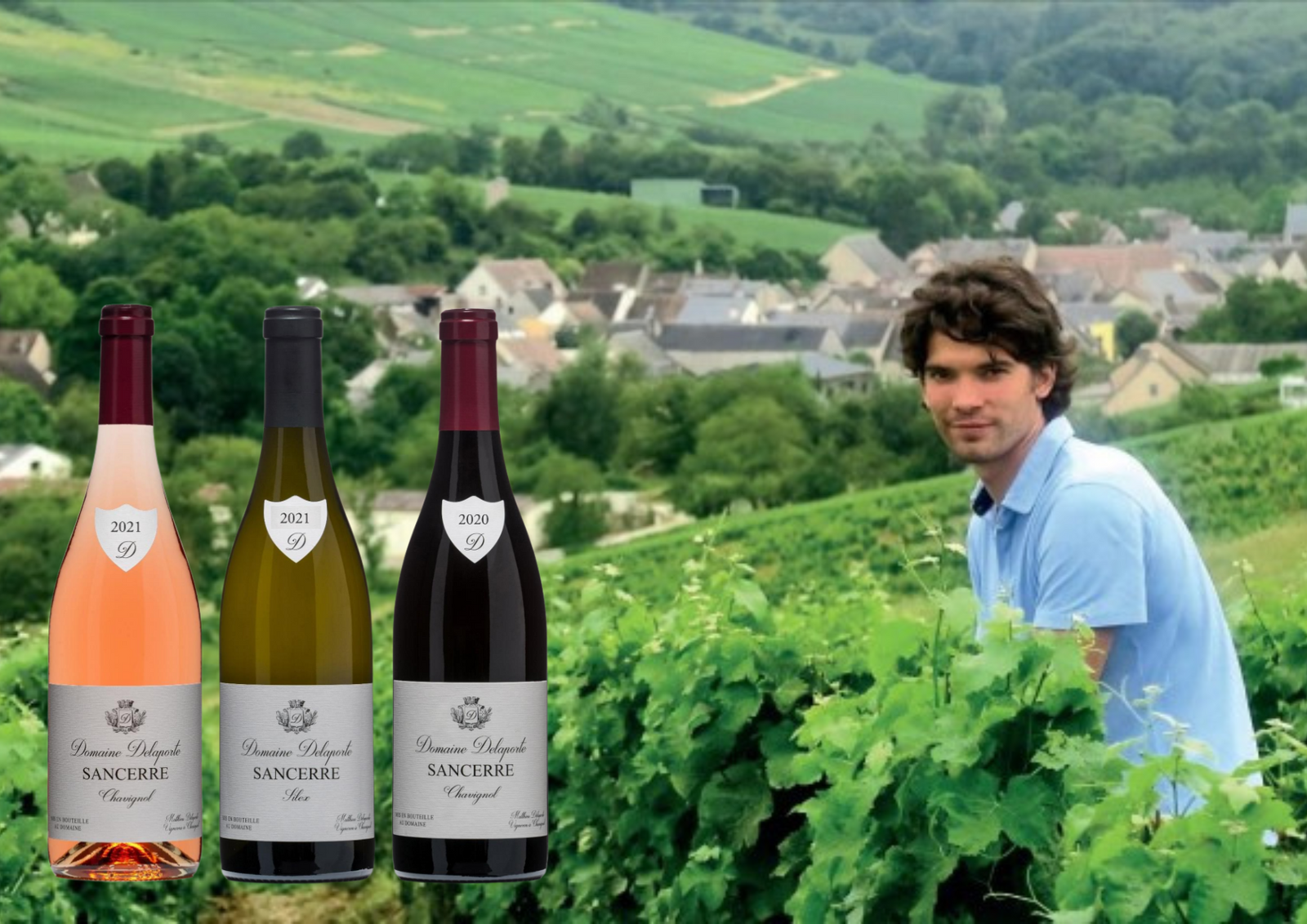Your Cart is Empty
I enjoyed the sparkling tea very much. It didn’t pretend to be something that it wasn’t if you get my meaning. It wasn’t too sweet and had a lovely hint of Jasmine without leaving an unpleasant aftertaste as a lot of the nonalcoholic fizz can do
Excellent service. Extremely well packed for delivery.
Having enjoyed orange wine ( not from oranges !)in New York last week , was looking forward to inviting the girls around to share the experience.
I buy almost all of my wine at Whelehans and the service, help and expertise of the staff is excellent. Also beside each wine is information as to it's grape(s) variety, country of origin and sometimes a comment from a member of staff which is so helpful. I do have a few favourites that I purchase every time including the Rioja below. Altogether buying my wine at Whelehans is always a happy and enjoyable experience!




